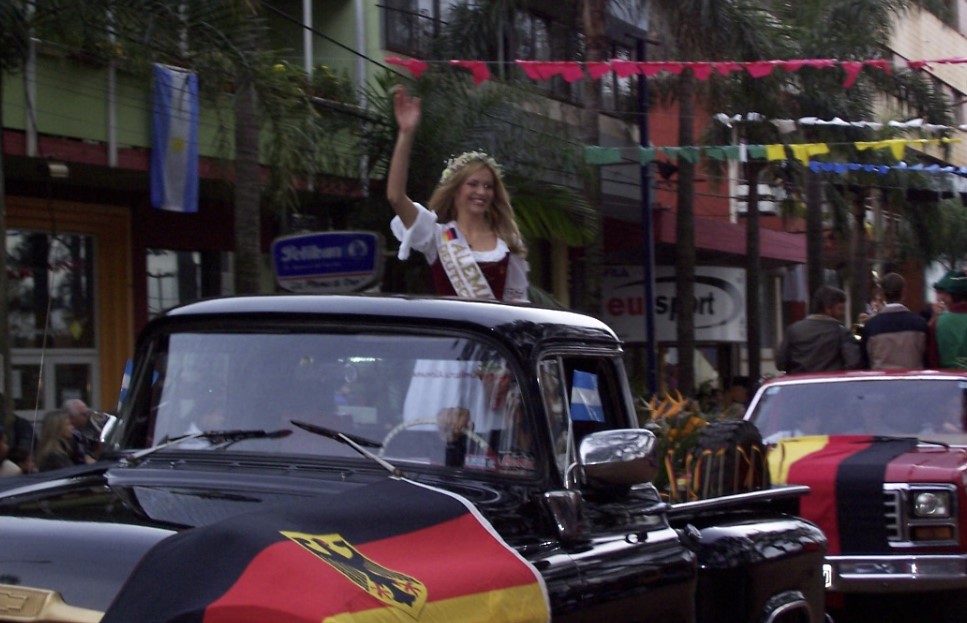The migration of Volga Germans to Argentina occurred in the late 19th and early 20th centuries. Following a series of economic and political challenges in the Volga River region of Russia, some Volga Germans sought new opportunities and better lives elsewhere. Many of them chose to emigrate to Argentina.
The reasons for Volga Germans choosing Argentina as their destination were diverse. Argentina was actively promoting immigration as a means of populating and developing its vast and fertile lands. The Argentine government offered attractive incentives to immigrants, such as land grants, low-cost transportation, and favorable settlement conditions.
The first wave of Volga German immigrants arrived in Argentina in the 1870s. They were primarily farmers seeking opportunities in agriculture, taking advantage of the fertile soil and favorable climate in the provinces of Entre Ríos, Santa Fe, and Buenos Aires. These initial settlers established agricultural colonies and started cultivating crops such as wheat, corn, and sunflowers.
The Argentine government actively supported the settlement of Volga Germans and provided them with assistance in establishing their communities. Special agencies were created to facilitate their immigration and integration into Argentine society. The Volga Germans formed self-sufficient colonies, maintaining their language, culture, and traditions, while also adapting to their new surroundings.
The success of the early Volga German settlers in Argentina encouraged further waves of migration. Between 1881 and 1914, a significant number of Volga Germans migrated to Argentina, seeking economic opportunities and escaping political unrest in Russia. They continued to establish agricultural colonies, expanding their presence in the provinces mentioned earlier.
The Volga German communities in Argentina maintained strong cultural ties to their ancestral homeland. They established schools, churches, and cultural organizations to preserve their German language, customs, and traditions. The Volga German dialect spoken by these communities evolved over time, influenced by the local Spanish language and other cultural influences.
However, the cultural preservation efforts faced challenges during the World Wars when anti-German sentiment grew globally. In Argentina, the Volga Germans faced discrimination and persecution during these periods. They were required to assimilate and abandon their German identity, leading to the loss of some cultural practices and traditions.
Despite the challenges, the Volga German community in Argentina has managed to preserve elements of their heritage. They have made significant contributions to Argentine society, particularly in agriculture and food production. Today, descendants of Volga Germans can be found in various parts of Argentina, and some continue to maintain connections with their ancestral roots.
